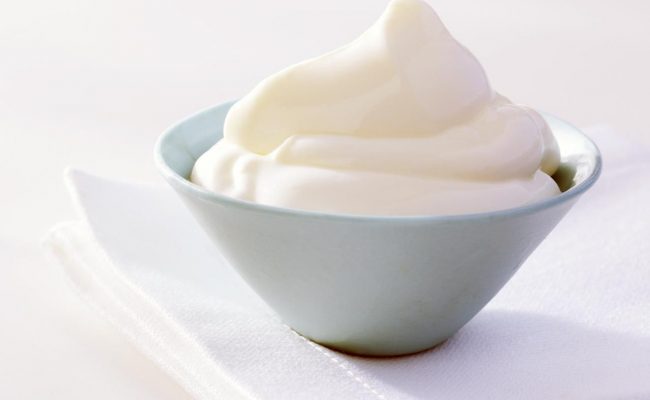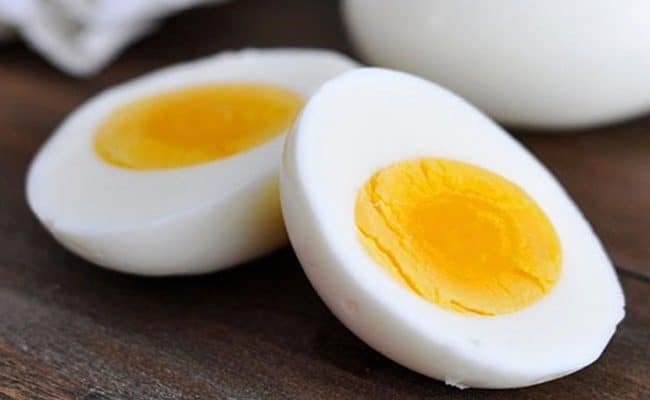
Chances are you heard about the benefits of bone broth before. Everybody knows that is good for the immune system when you are sick as it helps rehydrate the body and replace low electrolytes.
Are there any additional health benefits from drinking broth protein as part of your daily diet?
Making broth, or stock, from the bones, tendons and ligaments from animals is nothing new. People from civilizations around the world have been making “bone broth” as a tasty, nutritious elixir for centuries.
In modern times, simmering broths from 14-48 hours is quite uncommon due to our fast-paced lifestyle. Therefore, purchasing already made bone broths or bone broth supplements have vastly become popular in many developed nations.
Bone broth has been touted as an elixir that can help boost immune health, improving joints, helping wounds heal faster and good for building strong bones.
However, as a 2015 NPR article suggests, many health experts are wary of attributing bone broth as a panacea of most health associated health claims.
There are very few studies looking at the specific benefits of bone broths, and some claims attributed to bone broth simply do not have any evidence supporting them.
Drinking bone broth or consuming supplements derived from broth may be part of a healthy diet.
However, as with any other food, it is not a miracle food source.
Does bone broth protein have health benefits? It is hard to know because there isn’t any scientific data to show benefit of bone broth protein.
What’s all the hype with bone broth?
As bone broth continues to increase in popularity in the US, you may wonder why drinking broth is now considered so healthy?
Bone broth is often associated as promoting bone health and collagen formation.
The thought is since bone broth is made with animal collagen, once you ingest the broth that in turn stimulates collagen formation and bone growth in your own body. However, this thinking is flawed.
When you digest collagen, it has to be broken up into individual amino acids so the body can absorb it. The body then uses these amino acids for whatever is needed, not necessarily to form collagen.
The idea of broth building up the immune system may hold some research backed evidence.
Why is it customary to drink chicken noodle soup when you are sick? It turns out the chicken stock may actually help your body fight an upper respiratory infection, according to a 2000 study.
Researchers note the results varied greatly with commercially made chicken soups. Therefore, eating the old-fashioned broth may have the greatest potential for boosting immune health.
Bone broths can also be a source of fluids and electrolytes. Drinking broth while sick or even after workouts may help rehydrate the body and replace low electrolytes.
As far as other health claims associated with drinking bone broth or supplements made from bone broth, use caution.
Bone broth can definitely be part of a high protein low carb diet, but it is not a miracle supplement.
Also, as demand for bone broth increases prices for bones and commercially made bone broth continue to rise. Therefore, bone broth and bone broth supplements are quickly becoming an elitist food in some parts of the world.
Is bone broth protein good for you?
Bone broth protein supplements are made by dehydrating bone broth to remaining solid components.
Consumerlab suggests there are no published, clinical studies validating any health claims associated with health benefits of bone broth protein.
Some claims from bone broth protein can include: reducing inflammation, promoting skin health, protecting against wrinkles, helping joint health, supporting a healthy metabolism, boosting mood and boosting immune health.
Bone broth is often touted as being high in protein, collagen, vitamins and minerals. However, William Percy, associate professor at the University of South Dakota’s Sanford School of Medicine, and food scientist Kantha Shelke help shed light on the real nutrients in bone broth.
Percy states consuming collagen from food, like from bone broth, does not translate to the body using this as collagen for bone, skin or joint health.
Collagen does not get absorbed whole in the body, and consuming the individual amino acids from collagen doesn’t necessarily mean that they will go towards building collagen in the body.
They will go towards whatever the body needs those amino acids for.
Shelke also suggests vitamins and enzymes from bone broth can get denatured through the cooking process.
So, while bone broth probably isn’t harmful for you, keep in mind most of the health claims associated with bone broth protein or bone broth don’t have much, if any, scientific evidence to support these claims.
Do you need bone broth protein?
If you want to use bone broth protein as part of your diet, go for it. Health experts don’t suggest you shouldn’t make it as part of your diet.
However, the question is why you are using it. If you are solely using it to get more protein in your diet, other foods like dairy, eggs or meat are actually higher in protein than bone broth.
If you like using bone broth protein because you like the taste or convenience of the supplement, then continue to consume it as part of a healthy, balanced diet.
However, don’t be fooled into assuming all claims associated with bone broth are true.
Drinking bone broth doesn’t negate making other healthy dietary choices like eating a high amount of fruits, vegetables and limiting processed foods.
If you are wondering if you should be consuming bone broth or using bone broth protein, consult your healthcare team to see if that would be best for you. Also note supplement regulation is tricky.
All supplements are considered safe until proven unsafe. Manufacturers are not required to test ingredients or supplements in clinical trials before releasing them onto the market.
There may also be a variance in different types of bone broth protein supplements in how they are manufactured and the conditions of the animals of the bones used to make the protein.










